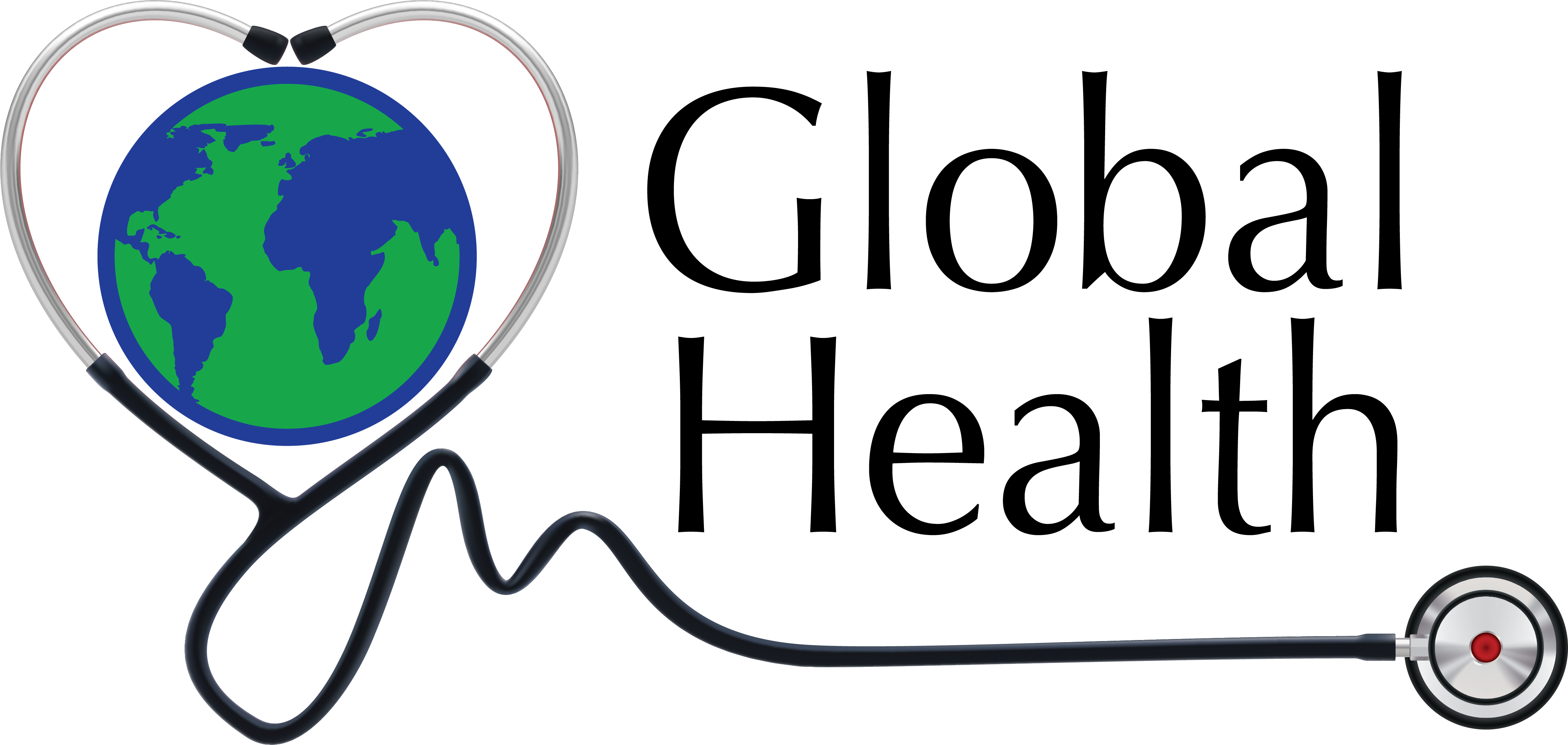Why are some people in some countries so much healthier than others? The course of Global Health will explore the factors that explain the unequal distribution of health and disease in the world. The course will begin with an introduction to the language of global health: the burden of disease, epidemiology, cost-effectiveness, and health systems. It will then analyze the rationale for and modes of intervention to improve global health by exploring a number of high-profile topics, including the HIV/AIDS epidemic, access to pharmaceuticals, human resources for health, and maternal and child health. The course will incorporate knowledge and views from multiple academic disciplines (public health, economics, politics, management, sociology, etc) and does not require any background knowledge. It is open to students in all degree concentrations.
Learning objectives
• To introduce key concepts and frameworks used in examining global health issues
• To understand the distribution of health and disability around the world and to understand the individual, social, and institutional factors that affect the burden of disease
• To explore issues and controversies in global health in an interdisciplinary manner
• To introduce the key actors in the global health system
• To learn to articulate the policy relevance of complex global health issues
Learning objectives
• To introduce key concepts and frameworks used in examining global health issues
• To understand the distribution of health and disability around the world and to understand the individual, social, and institutional factors that affect the burden of disease
• To explore issues and controversies in global health in an interdisciplinary manner
• To introduce the key actors in the global health system
• To learn to articulate the policy relevance of complex global health issues

- Teacher: Kenesh Dzhusupov
- Teacher: Elena Ten Evgenievna